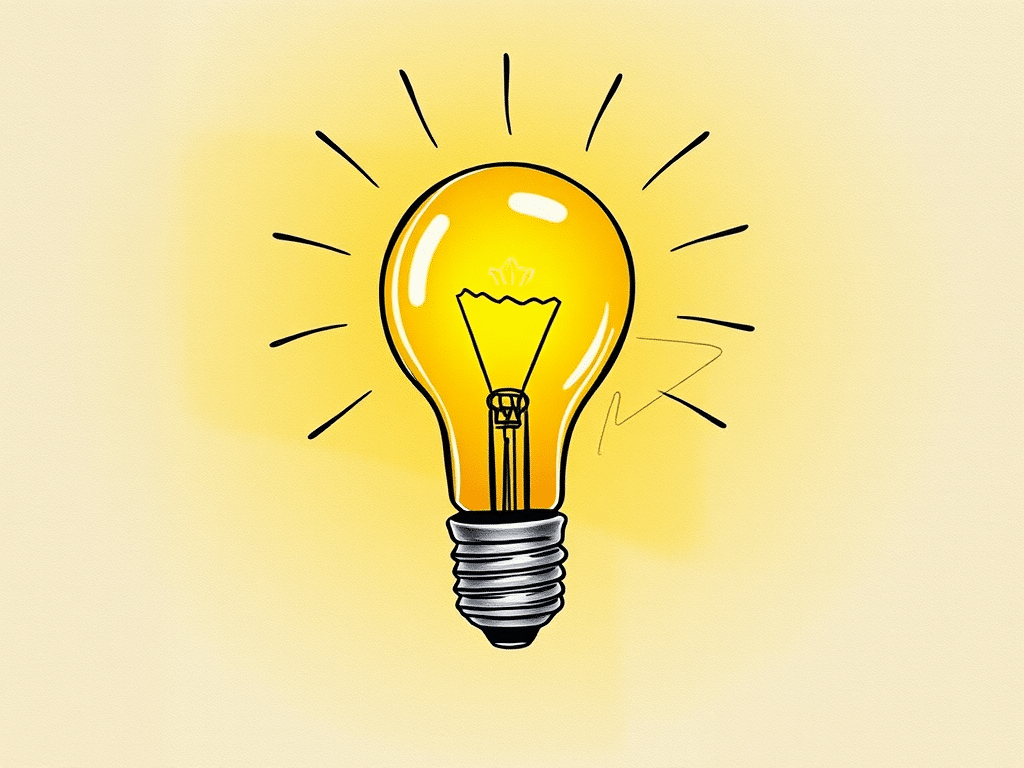It happened to me. Which is actually why I’m writing this. I also ran out of creative ideas previously.
I have the wonderful job of writing blogs, and for WallsMan Creative I get to write about all kinds of creative folk, creative projects and how WM Creative can support creatives with their finances and accounts. But this month I got totally stuck.
My list of blog ideas was empty. I’d used them all up.
Instead of that chest crushing panic (the calling card of imposter syndrome) I took a deep breath and realised that if I’m feeling this and experiencing this, then surely other creatives and content generators must feel the same at some point?
So, I took my lack of ideas and turned it into this – hopefully helpful – guide, for how to get back on the creativity train.
Table of contents
1. Have a healthy creative digestive system
You know the whole you are what you eat thing… the same goes for your creative digestive system. Feed your brain crap and it will regurgitate crap.
If we work on the premise that ideas are fuelled by consumption, not creativity, we can already give ourselves a bit of a break.
Our brains need to connect with things in order to generate ideas, as Steve Jobs said, “Creativity is just connecting things.”
These “things” are the books or articles you read, the movies and TV shows you watch, the music you listen to, the performances and galleries you go to, the people you spend time with – all of it has an effect on your creative ideas.
A little bit of junk brain food is ok now and then, as long your creative diet is mostly rich, inspirational and challenging.
2. Speak your creative ideas out loud
Sometimes just saying something out loud can make a huge difference. Have you ever told a friend about a strange dream, you had no idea what it was about until you started talking and then it became glaringly obvious? No? Just me? Well, you get the idea. Sometimes a solution can present itself simply by talking out loud to someone. There is magic in the commune of discourse that forces us to absorb ideas in a much deeper way. Discussing the idea, exploring its strengths and weaknesses is brave but extremely valuable. Not just valuable, necessary.
3. Don’t let your ideas fly away
Capture them as soon as they come to you because ideas show up on their timetable – not yours.
If you don’t have a notebook and pen to hand, use a notes app on your phone, send yourself an email, leave yourself a voicemail, write it on your friends’ forehead in lipstick – whatever, just don’t let it fly away.
Even if you think its rubbish, there may be something in there for the future.
3a. Disclaimer: There’s no such things as a rubbish idea
It’s just a raw tiny embryo of an idea. It’s not bad, it just needs developing and nurturing. Write it down, talk about it, read around the subject, take it out for a walk and give it time to grow.
4. Now for something entirely different
Get out of your comfort zone.
Change your environment.
Go to a class you would never have gone to before. Say yes when you’d normally say no, say no when you’d normally say yes (whilst remaining safe of course).
Routines are helpful in habit-building but can be detrimental to idea generation if you don’t take a break from them.
5. Move your body
The way you move your body is extremely important to how your brain processes thoughts. There are two ways of thinking, divergent and convergent.
Divergent thinking is the process of generating and exploring a wide variety of possible ideas. It is spontaneous, free-flowing, and non-linear.
Convergent thinking is the process of evaluating and analysing ideas to arrive at the best, most correct, or most logical answer. It is methodical, organized, and linear.
Walking stimulates divergent thinking, whilst the blue light that streams from your screens boosts convergent thinking. Both are needed, but in balance.
“When you’re walking, you’re dividing your attention between moving your body, what’s going on around you, and whatever you’re thinking about. The result is defocused attention.” Jocelyn K Gei.
It is this defocused attention that gives your brain the freedom to be creative.



